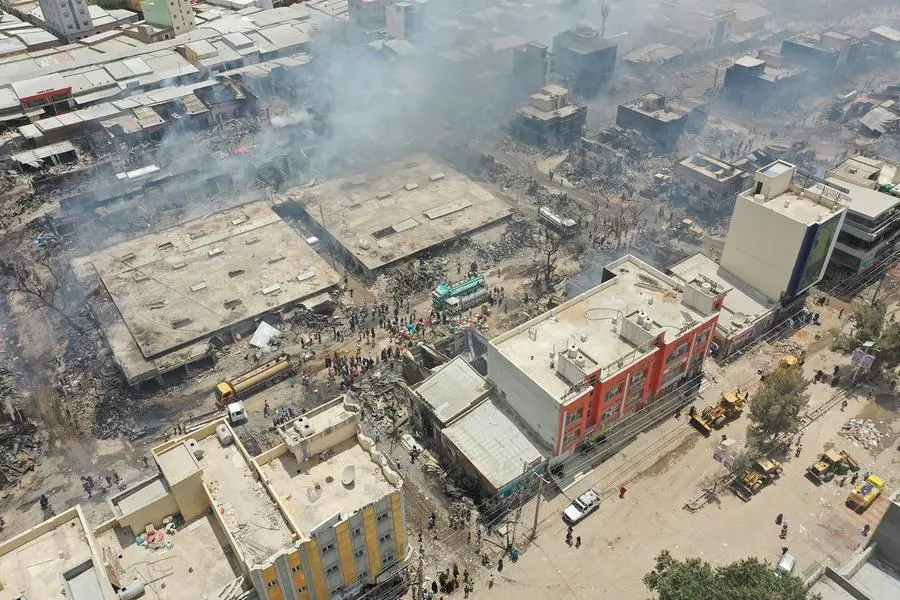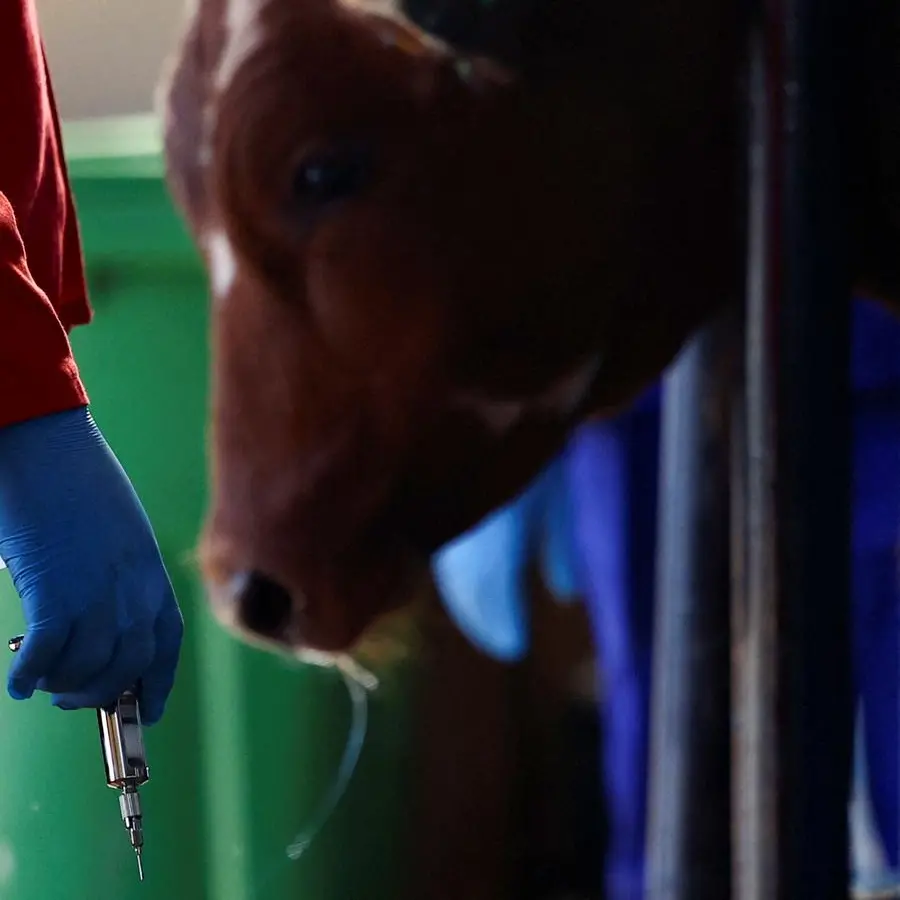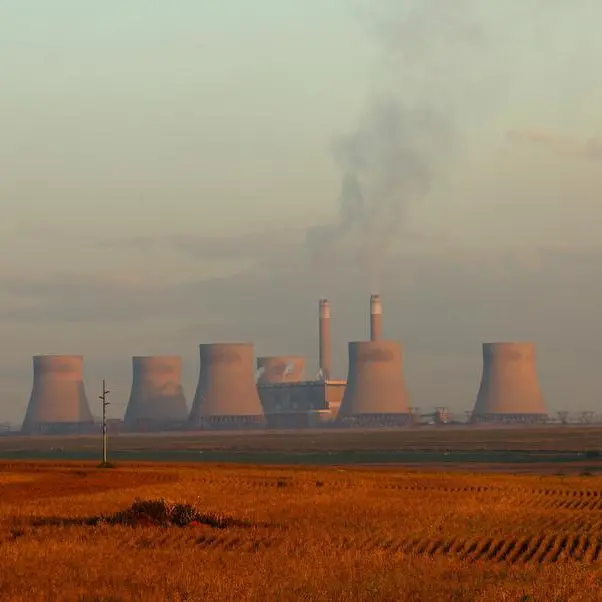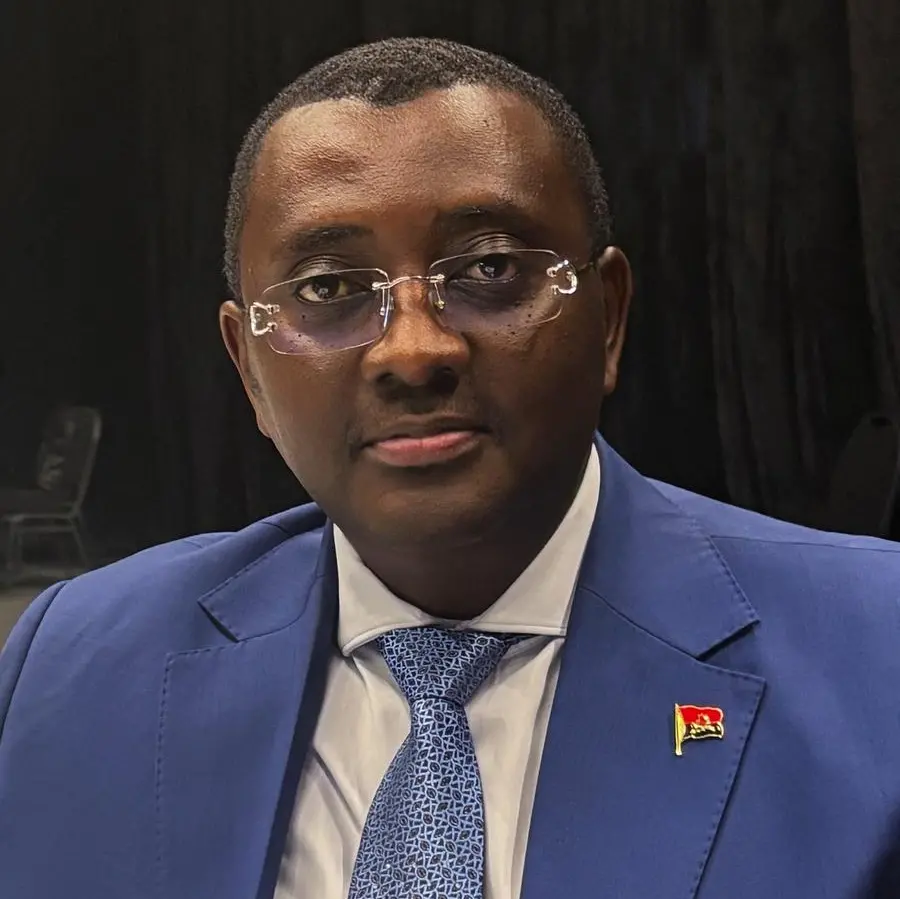PHOTO
At least 96 people have been killed in more than two weeks of clashes between security forces and clan members in the breakaway Somali region of Somaliland, a hospital director said Thursday.
"We have 96 dead and 560 wounded," Ahmed Mohamed Hassan, director of the main hospital in the contested town of Las Anod, told AFP by telephone.
Garaad Jama Garaad Ali, a senior clan chief, had said on Wednesday that 150 people had been killed and 500 wounded.
Somaliland, which has claimed independence from Somalia since 1991, but has never been recognised internationally, is often seen as a beacon of stability in a chaotic region.
However, political tensions have surged in recent months, leading to deadly violence between government forces and militias loyal to Somalia.
The latest fighting broke out on February 6 in Las Anod, which straddles a key trade route and is claimed by both Somaliland and neighbouring Puntland, a semi-autonomous state of northeastern Somalia.
The UN says more than 185,000 people have been displaced by the violence.
Heavy fighting was still raging on Thursday, according to the region's clan leaders and witnesses.
"It started in the early morning and already several artillery and mortar shells landed in the town," resident Mohamed Saleban said by phone, adding that people were fleeing.
On Wednesday, Hassan said the hospital itself had been bombarded and that several employees had on "a number of occasions" survived shellings.
"They have destroyed the electricity system of the hospital, the oxygen system, the blood bank, the office of the human resources and other parts of the hospital building," he told reporters, vowing to continue working.
- Investigation call -
The violence erupted after elders in the Sool region, where Las Anod is located, issued a statement pledging support for Somalia's federal government and urged Somaliland authorities to withdraw their soldiers from the area.
Somaliland authorities announced a ceasefire on February 10, but days later accused Somalia of attacking its forces.
The UN said last week that more than 185,00 people had been uprooted from their homes, with aid workers struggling to respond to the situation due to inadequate resources.
Women and children accounted for an estimated 89 percent of the displaced population, the UN's Office for the Coordination of Humanitarian Affairs (OCHA) said in a statement.
Many were reportedly seeking shelter under trees or inside schools, which have been forced to shut.
In addition to those displaced inside Somaliland, more than 60,000 others have fled to Ethiopia's Somali region to escape the violence, the UN's refugee agency said.
UN right chief Volker Turk this month called on authorities to conduct a "credible and impartial investigation" into the clashes and warned that they compounded the already fragile humanitarian situation in the region.
Somaliland, a region of 4.5 million people, is a former British protectorate.
It prints its own currency, issues its own passports and elects its own government but its quest for statehood has gone unrecognised, leaving it poor and isolated.
However, the region has been relatively stable in comparison to Somalia, which has witnessed decades of civil war and Islamist insurgency.





















